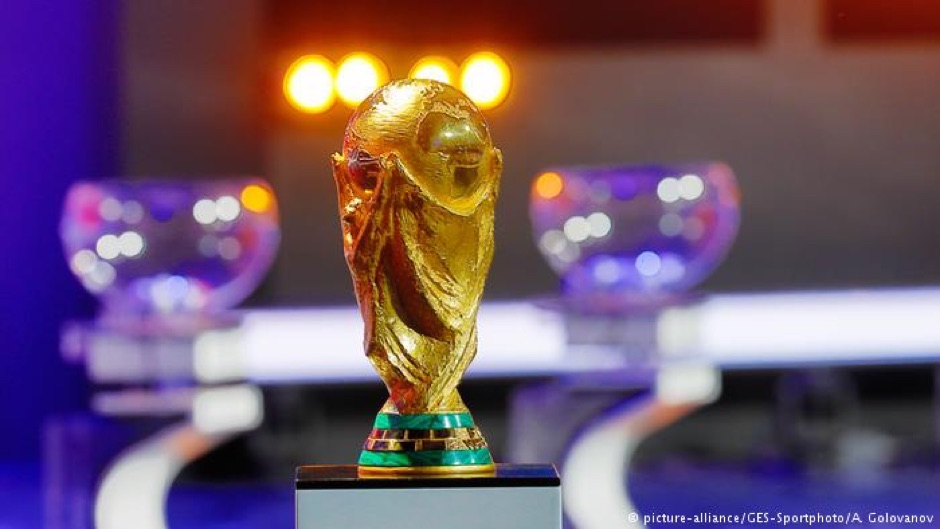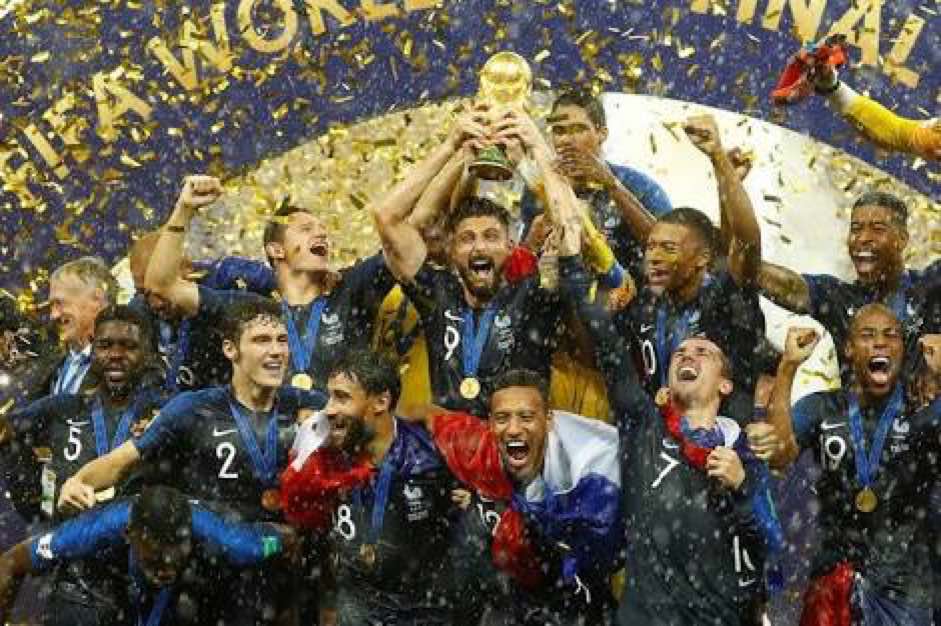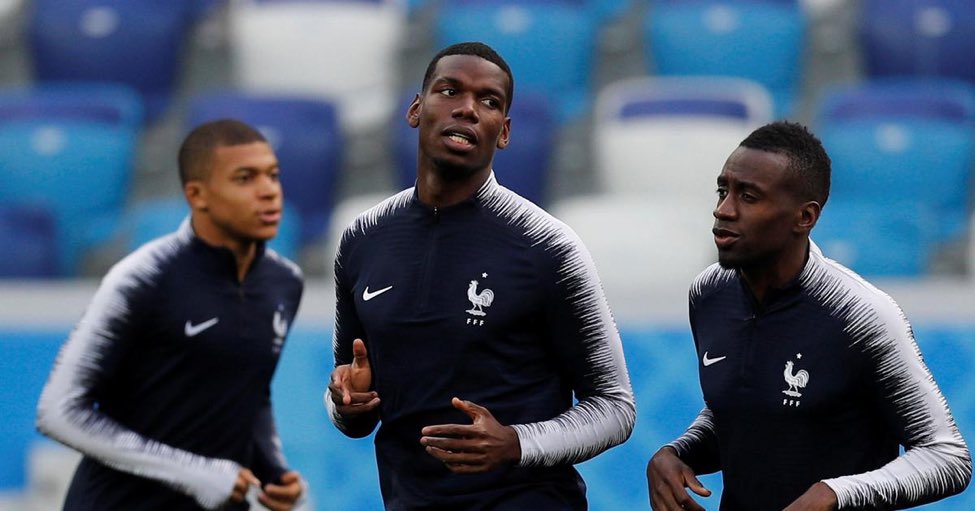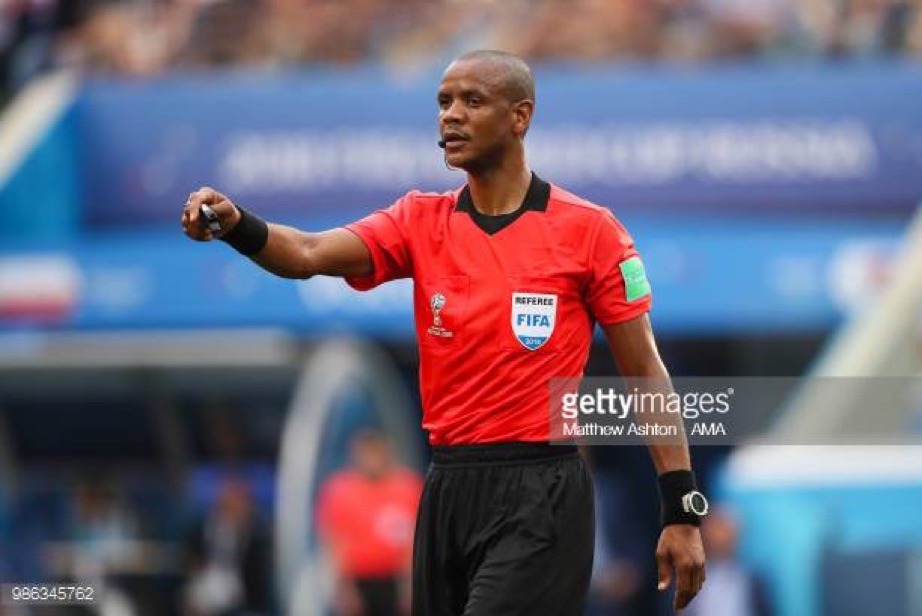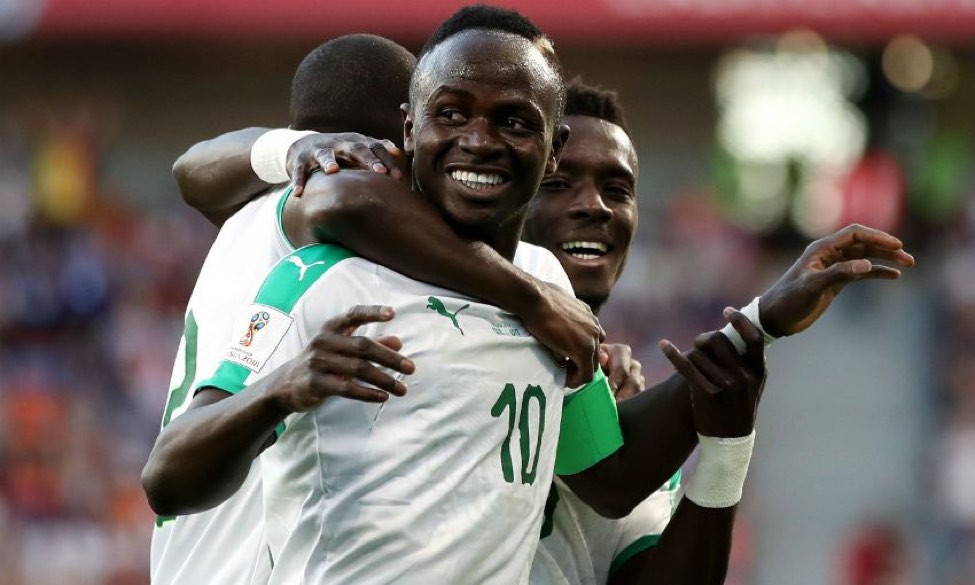The wait for the 2018 FIFA Wold Cup is over with only a couple of days to go until the tournament begins.
In Africa, more than half of the population who intend to watch the games are expected do so from the comfort of their homes while about a quarter prefer restaurants and clubs.
Majority are tipped not to miss any of the matches involving five of the continent’s representatives namely Senegal, Egypt, Morocco, Nigeria and Tunisia.
A recent survey by GeoPoll shows four in five Africans between 15 years and above, with majority being women, are intent on viewing the tournament .This may surpass the numbers that were glued to the TV when Brazil hosted it in 2014.
About 3.5 billion watched the Rio matches globally with African viewership- hitting over 25 million – peaking in the goalless first round match between Nigeria and Iran.
From that GeoPoll data, football is clearly an “Africa” thing and no sport comes close to matching the passion with which our continent exhibits for the game. But “What really does the World Cup mean to Africa?”
For many, it’s a lifestyle, a cultural expression but for our own kind, it’s a source of pride for the continent on reaching such profound levels.
The World Cup has such an importance for all participating countries and their players but African nations and their players seemingly appear the most motivated.
It is their time to shine and show the global football-mad viewers what they’ve been missing. For the younger players, it will be an occasion to serve the world, the African version of pure budding talent as they try to persuade managers of European clubs of their worth to be offered contracts in a bid to support their families back home.
Russia will be the place –an avenue where new star players will be born, records perhaps set or broken and history on the cusp of being made.
In spite of the instability in some parts, it will be a moment of dusting off differences to unite in body and soul for the rest of the nations on the continent. Personal and inspiring it will be also for others.
The athletes who compete in the World Cup become role models for youth around the world. The players, with all their athleticism and skills, are positive role models.
Africa has so far had 39 appearances in past World Cups which can be best described as lukewarm. This time expectations on African players will be at fever pitch on account of their impressive showings in European leagues in the just concluded season.
Indeed in every four years, it seems that at least one team emerges from nowhere to qualify for the knock-out stages, inflicting upsets along the way. The desert Foxes of Algeria and Nigeria’s Super Eagles were our representatives in the last eight in the Brazil event before both got dumped by Germany and France respectively on extra-time.
There would be burning desire for one or two of the five competing African teams to at least go beyond the heights set by Senegal (in 2002) and Ghana (in 2010) to reach the semis.
Hysteria will be sweeping the continent hours before the tournament. South Africa won’t be going to Zenith St Petersburg, however, the ubiquitous honk of the vuvuzelas, now a hallmark of the continent’s sport, popping in the games in Russia will be the height of it.
When the tournament was held on African soil in 2010, it was a reminder to all those who’ve doubted its success that the continent is and remains a serious contender for football’s biggest prize.
In the past, Africa had no real presence at the World Cup until 1974, when Zaire (now the Democratic Republic of Congo) became the first team to take part in the finals. That memorable outing, 44 years to now, was made sour after Zaire failed to score a single goal with the 9-0 loss to Yugoslavia –the biggest of defeats in a World Cup –adding to the nightmare.
However, with time, perception of African teams being easy to-get-a-point sides had changed. Argentina, who got bonked by Nigeria in a recent warm-up, can better tell of the strength of an African team.
Hopes are high for 2018 World Cup for the five African teams that will be participating. Nigeria and Senegal could be termed as big guns giving the embarrassment of talent at their disposal, making any of the two teams qualifying for the semis all a remarkable success story.
Game predictors, most often than not, could be forced to eat their word. There however stand moments when one senses something – an intuition – an inexplicable augury in the air, if you will.
Apart from that, any of the African countries with a chance of doing well in the tournament will sure generate huge excitement and euphoria, which Fifa and the world’s media will milk for all they are worth.
This seems to be such a moment with expectations soaring that one of our own will advance to the semis of the World Cup, the greatest feat an African team would have achieved to date and provide a bold meaning of the World Cup to Africa.
